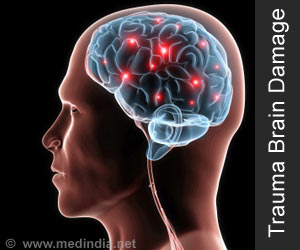Hypnosis can relieve kids from the fear of procedural anxiety, that is usually associated with childhood cancer diagnosis and treatment.

‘Hypnosis is capable of reducing fear and anxiety associated with injections and other needle procedures, such as extracting bone marrow. These procedures are often scary and emotionally distressing to children.’





Previous research has shown that these procedures often provoke more anxiety in children and young people than cancer itself. Up to half of the children with cancer experience clinically significant emotional distress. This can cause additional anguish for the child and their families and have a long-lasting impact on mental health.The Exeter team worked with Devon Integrated Children’s Service to analyze all the available evidence on ways to reduce this anxiety without using drugs. The study is published in Psycho-Oncology and was supported by the National Institute for Health Research (NIHR) Collaboration for Leadership in Applied Health Research and Care South West Peninsula (PenCLAHRC).
Tamsin Ford, Professor of Child and Adolescent Psychiatry at the University of Exeter Medical School, said: "Getting a cancer diagnosis as a child is extremely distressing for both the young person and their family. We must do all we can do to improve their mental health during this highly emotional time. Hypnosis is inexpensive to deliver, and our research found a promise that it could help to reduce the fear and anxiety of multiple needle procedures. We now need high-quality trials to demonstrate whether hypnosis should be adopted in clinics ."
The team also looked at the evidence around listening to music, virtual reality, and cognitive behavioral therapy. However the research was contradictory.
The paper, Effectiveness of non-pharmacological interventions to reduce procedural anxiety in children and adolescents undergoing treatment for cancer: a systematic review and meta-analysis, is published in Psycho-Oncology.
Advertisement













